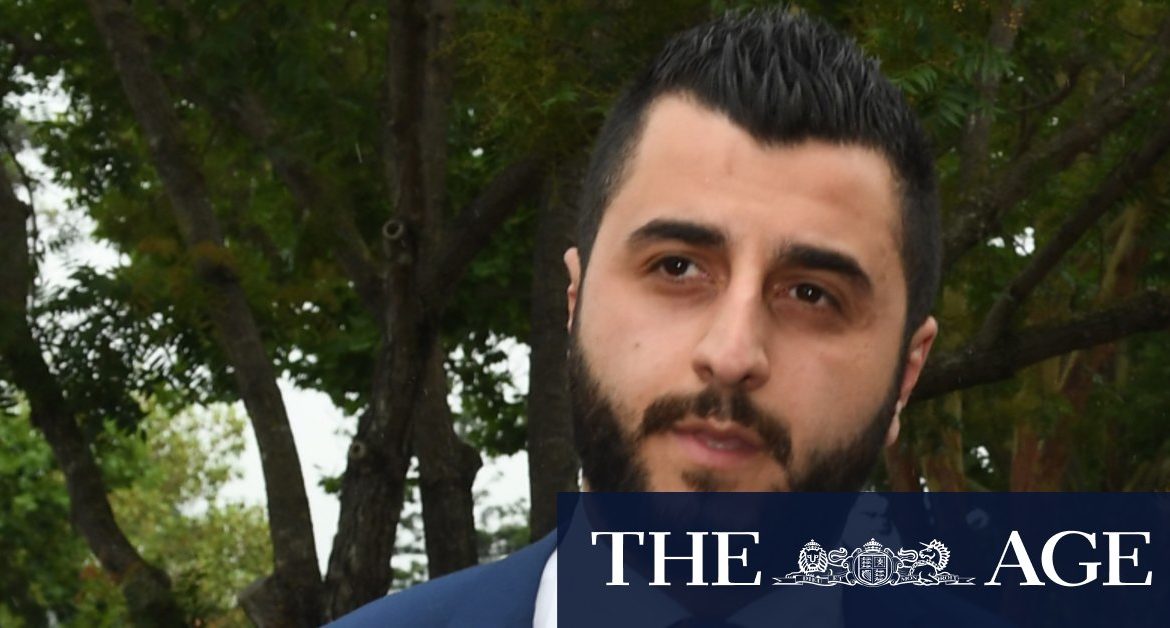“He’s not guilty and this will be defended in court in due course,” Mr Goold said.
It is alleged Mr Mercael and the woman drank vodka and snorted cocaine before Mr Mercael began to make advances towards her including touching her inappropriately.
The woman later told police she did not think she could leave.
Mr Mercael then allegedly forced her to engage in a sex act, calling her names and becoming more violent the more she tried to resist. The woman allegedly told Mr Mercael “please stop, let me go”, but he allegedly replied: “just enjoy it”.
The woman contacted a friend immediately after the incident and went to police.
The case was first mentioned in court on July 29, with Mr Mercael granted a temporary suppression on his name.
In September, his barrister Michael Burke argued the suppression should be continued for 20 years, with the possibility of the order being “revisited” if Mr Mercael was convicted.
“An important context to this matter is the presumption of innocence,” Mr Burke said.
He argued the suppression should be granted for several reasons, including that Mr Mercael must face court every day to defend his clients, as well as potential distress and embarrassment for Mr Mercael and his loved ones if the charge was publicised.
Magistrate Tim Keady declined to continue the suppression.
He noted that Mr Mercael intends to tell clients about the charge, with the implication being that clients are “entitled to know about the criminal proceedings so they can make an informed choice of legal representative”.
“Viewed from that perspective, the public interest in knowing about these criminal proceedings takes on such increased significance that it outweighs any private concerns of Mr Mercael,” Mr Keady said.
Mr Mercael appealed the decision in the Supreme Court, where he did not argue for a 20-year suppression but instead a period of time determined by the court.
On Thursday, Justice Richard Cavanagh dismissed the appeal, lifting the lid on Mr Mercael’s identity.
Barrister Matthew Lewis, appearing for the publishers of The Sydney Morning Herald and The Daily Telegraph, said at the Local Court hearing that anyone appearing before a court should be open to scrutiny, whether they are a solicitor, a barrister or a judge.
He said courts have allowed suppression in some rare cases, including where complainants were receiving death threats, but “we’re a far cry from that in this case”.
Mr Mercael’s alleged victim also wrote a letter to the court to oppose the suppression order, however it was not tendered because it would have opened her up to cross-examination.
Mr Mercael has appeared in several high-profile cases that have attracted media attention.
A further Supreme Court hearing has been scheduled for December 23 to clarify the contents of a published judgment on the matter.
Mr Mercael is due to face the Downing Centre Local Court next on February 4.
Start your day informed
Our Morning Edition newsletter is a curated guide to the most important and interesting stories, analysis and insights. Sign up here.
Georgina Mitchell is a court reporter for The Sydney Morning Herald.
Most Viewed in National
Loading







